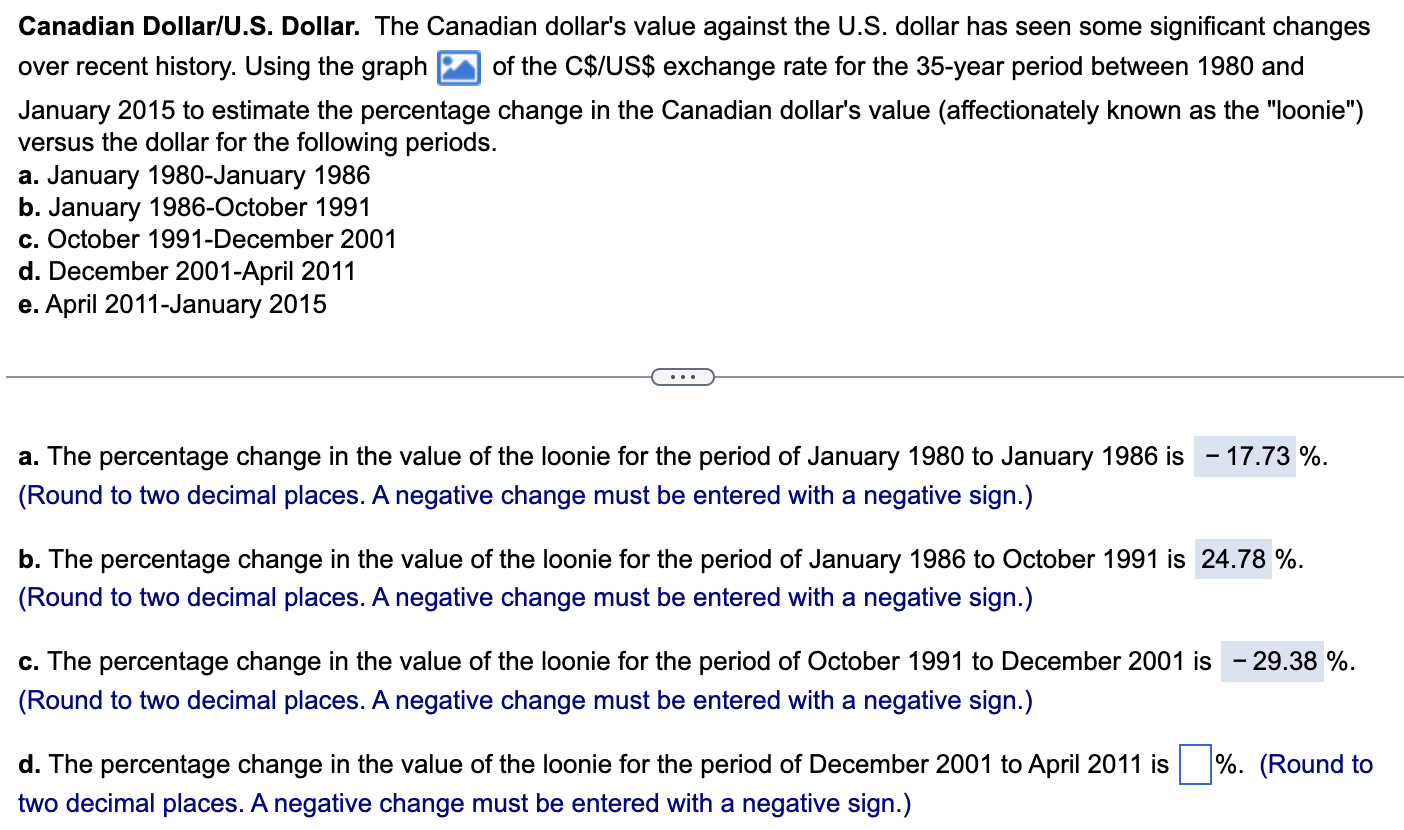Market Analysis: How Trump And The Fed Are Affecting The Bitcoin Price (BTC)

Table of Contents
Trump's Influence on Bitcoin (BTC): A Retrospective Analysis
Donald Trump's presidency left an undeniable mark on the global economic landscape, and its ripples extended significantly into the cryptocurrency market. Understanding this influence is crucial for interpreting Bitcoin's price trajectory.
Trade Wars and Regulatory Uncertainty
Trump's trade protectionist policies, exemplified by his initiation of trade wars with various countries, created considerable market uncertainty. This uncertainty significantly impacted investor behavior towards risk assets, including Bitcoin.
- Example: The escalating trade tensions with China in 2018 led to increased volatility in global markets, pushing investors towards safe-haven assets like the US dollar, and temporarily decreasing demand for riskier assets like Bitcoin.
- Flight to Safety: During periods of heightened trade war anxieties, investors often moved away from Bitcoin, preferring more stable assets. This "flight to safety" contributed to temporary dips in Bitcoin's price.
- Risk-On Sentiment: Conversely, periods of perceived de-escalation in trade tensions could lead to a "risk-on" sentiment, boosting investor confidence and driving up Bitcoin's price. The exact correlation, however, wasn't always straightforward.
Deregulation and its Ripple Effects
Trump's administration, while not explicitly pro-cryptocurrency, adopted a largely hands-off approach to financial regulation. This relative lack of intervention, compared to more stringent regulations proposed by other nations, could be interpreted as indirectly fostering a more favorable environment for cryptocurrency adoption.
- Limited Regulatory Scrutiny: The absence of heavy-handed regulations in the US, contrasted with stricter approaches in other countries, may have contributed to attracting investors and developers to the US cryptocurrency scene.
- Impact on Investment: This more permissive climate potentially encouraged greater investment in Bitcoin and other cryptocurrencies.
- Uncertain Long-Term Effects: However, the lack of comprehensive regulation also introduced uncertainty, a double-edged sword for Bitcoin’s price stability. Clearer guidelines might have improved confidence, potentially increasing BTC’s value, but at the cost of potentially slower adoption.
Geopolitical Instability and its Impact on Bitcoin (BTC)
Trump's foreign policy decisions and often unpredictable approach to international relations contributed significantly to global geopolitical instability. This instability, in turn, influenced Bitcoin's price through several mechanisms.
- Safe Haven Asset: During times of heightened geopolitical tension, Bitcoin often exhibited characteristics of a safe-haven asset, attracting investors seeking to protect their portfolios from potential losses in traditional markets.
- Examples: The escalating tensions with Iran, North Korea and other nations often correlated with increased demand for Bitcoin as investors sought alternative stores of value.
- Correlation, Not Causation: It is crucial to note that correlation does not equal causation. While geopolitical events frequently coincided with Bitcoin price fluctuations, disentangling their direct influence from other concurrent market forces is challenging.
The Federal Reserve's Monetary Policy and Bitcoin's Price (BTC)
The Federal Reserve's monetary policy decisions, particularly regarding interest rates and quantitative easing (QE), have a significant and complex influence on Bitcoin's price.
Interest Rate Hikes and Bitcoin's Inverse Correlation
Generally, an increase in interest rates by the Fed makes traditional investments like bonds and savings accounts more attractive, potentially drawing funds away from riskier assets, such as Bitcoin.
- Reduced Investment: Higher interest rates can reduce the appeal of Bitcoin, as investors might opt for safer, higher-yielding options.
- Dollar Strength: Interest rate hikes often strengthen the US dollar, potentially weakening the price of Bitcoin, which is often priced in dollars.
- Market Sentiment: The overall market sentiment surrounding the Fed's actions significantly impacts Bitcoin's price. A hawkish stance (expecting higher interest rates) may create negative sentiment, pushing down BTC.
Quantitative Easing and Bitcoin's Price
Quantitative easing (QE), a monetary policy tool used by the Fed to inject liquidity into the market, can impact Bitcoin in multiple ways.
- Inflationary Pressures: QE programs can lead to increased money supply and inflationary pressures, potentially devaluing fiat currencies. This might make Bitcoin, a fixed supply asset, more attractive as a hedge against inflation.
- Dollar Devaluation: QE can weaken the dollar, which may, conversely, support the price of Bitcoin.
- Uncertainty and Volatility: The uncertainty surrounding QE's long-term effects can introduce volatility into the cryptocurrency market.
Inflation and its Role in Bitcoin's Value Proposition
One of the central arguments for Bitcoin's value proposition is its potential to act as a hedge against inflation. The Fed's influence on inflation, therefore, has a direct bearing on Bitcoin's appeal.
- Store of Value: Proponents argue that Bitcoin's fixed supply limits its potential for devaluation during periods of high inflation.
- Limitations: This argument is debated, as Bitcoin's price is still highly volatile and influenced by various speculative factors. Its correlation with inflation is not perfectly linear.
- Alternative Investments: High inflation can also drive investors towards alternative assets, including cryptocurrencies.
Interplay Between Trump's Legacy and Current Fed Actions on BTC
The legacy of Trump's policies continues to interact with current Fed decisions, creating a complex environment for Bitcoin. The lingering uncertainty from the trade wars, coupled with the Fed's response to current economic conditions, shapes investor sentiment and, therefore, BTC’s price.
- Unforeseen Consequences: The combination of these factors can lead to unpredictable outcomes, highlighting the interconnectedness of the global economy and its effect on Bitcoin.
- Feedback Loops: For instance, a hawkish Fed might counteract a period of increased risk appetite caused by positive economic news, resulting in a less predictable price reaction for BTC.
- Ongoing Analysis: Understanding this interplay necessitates ongoing analysis of both political and economic factors to accurately gauge their impact on Bitcoin.
Conclusion
Trump's policies and the Federal Reserve's actions have significantly and in complex ways influenced Bitcoin's price. The trade wars created uncertainty, while the relatively hands-off regulatory approach under Trump may have indirectly stimulated some growth. Meanwhile, the Fed's interest rate policies and quantitative easing have introduced further complexities, affecting the dollar's value and investor sentiment toward riskier assets. The relationship between macroeconomic factors, political events, and Bitcoin's price is intricate and unpredictable. To make informed investment decisions in the volatile world of Bitcoin (BTC), you must stay informed about political and economic developments. Continue to follow market analysis and subscribe to our newsletter for in-depth insights into the ever-evolving relationship between global economics and the Bitcoin price.

Featured Posts
-
 Betting On Natural Disasters The Los Angeles Wildfires And The Changing Landscape Of Gambling
Apr 24, 2025
Betting On Natural Disasters The Los Angeles Wildfires And The Changing Landscape Of Gambling
Apr 24, 2025 -
 La Fires Landlords Accused Of Price Gouging Amid Crisis
Apr 24, 2025
La Fires Landlords Accused Of Price Gouging Amid Crisis
Apr 24, 2025 -
 La Fire Victims Face Price Gouging A Selling Sunset Stars Report
Apr 24, 2025
La Fire Victims Face Price Gouging A Selling Sunset Stars Report
Apr 24, 2025 -
 Analyzing The Canadian Dollars Strength Against The Usd And Weakness Elsewhere
Apr 24, 2025
Analyzing The Canadian Dollars Strength Against The Usd And Weakness Elsewhere
Apr 24, 2025 -
 Zuckerbergs Next Chapter Navigating A Trump Presidency
Apr 24, 2025
Zuckerbergs Next Chapter Navigating A Trump Presidency
Apr 24, 2025
